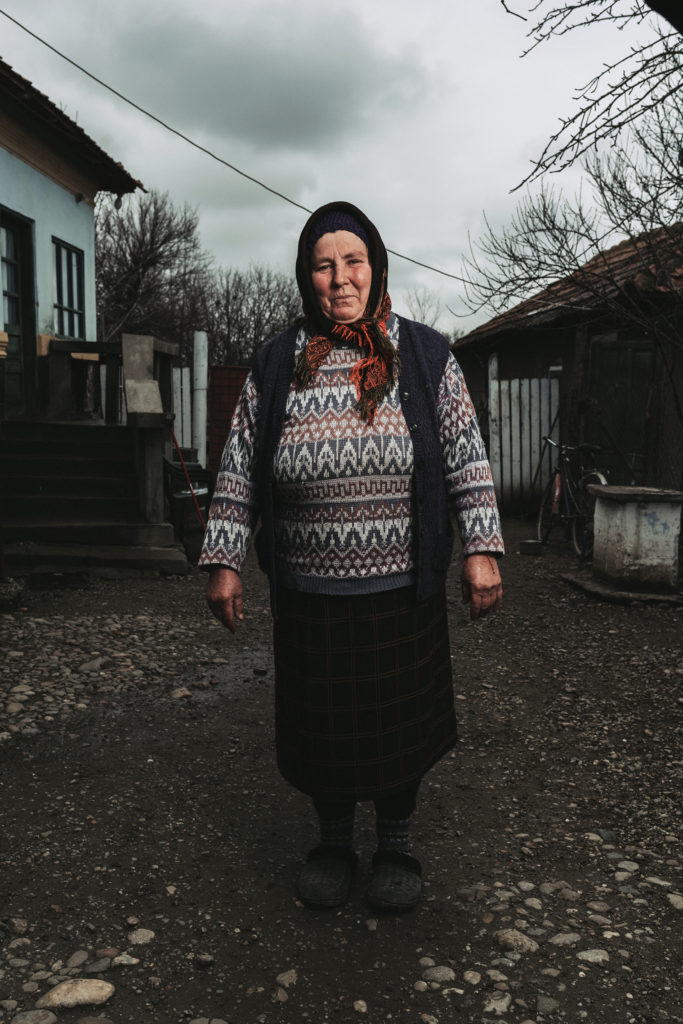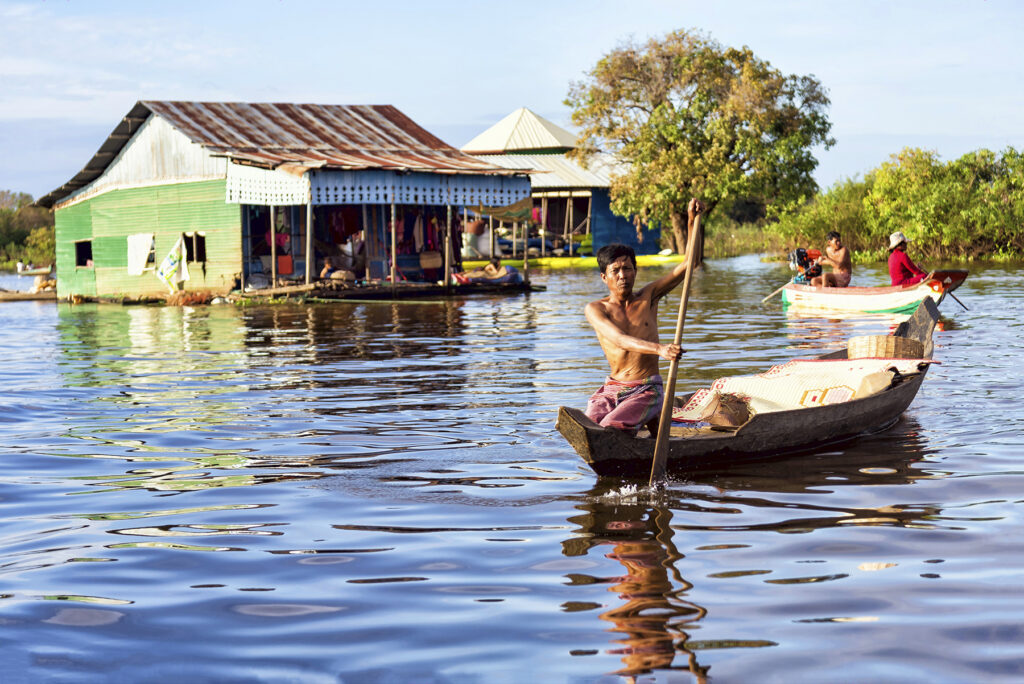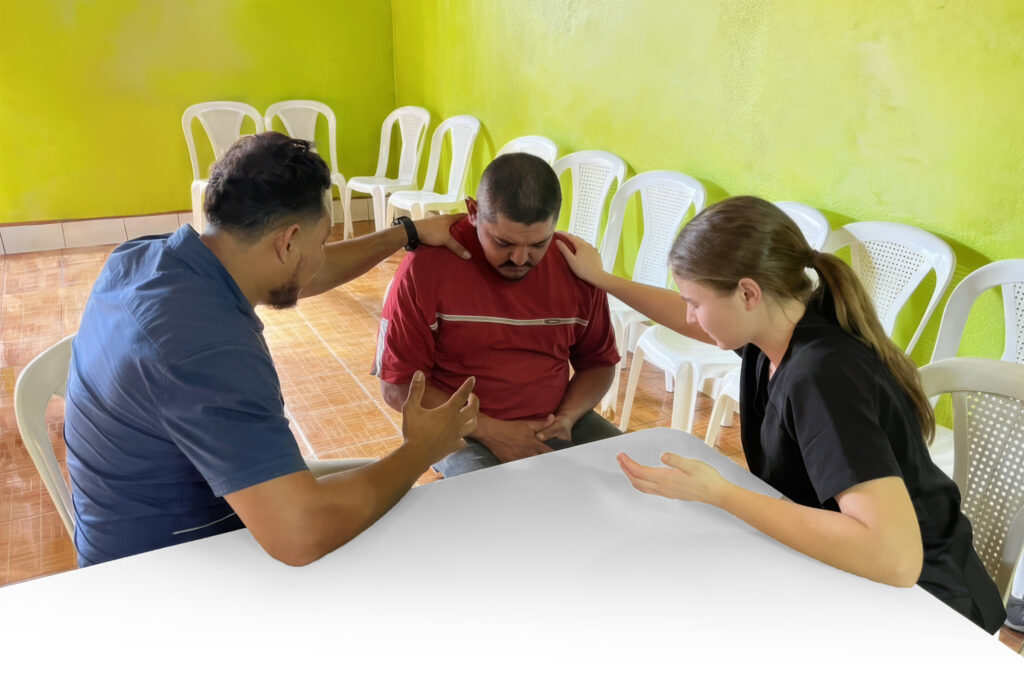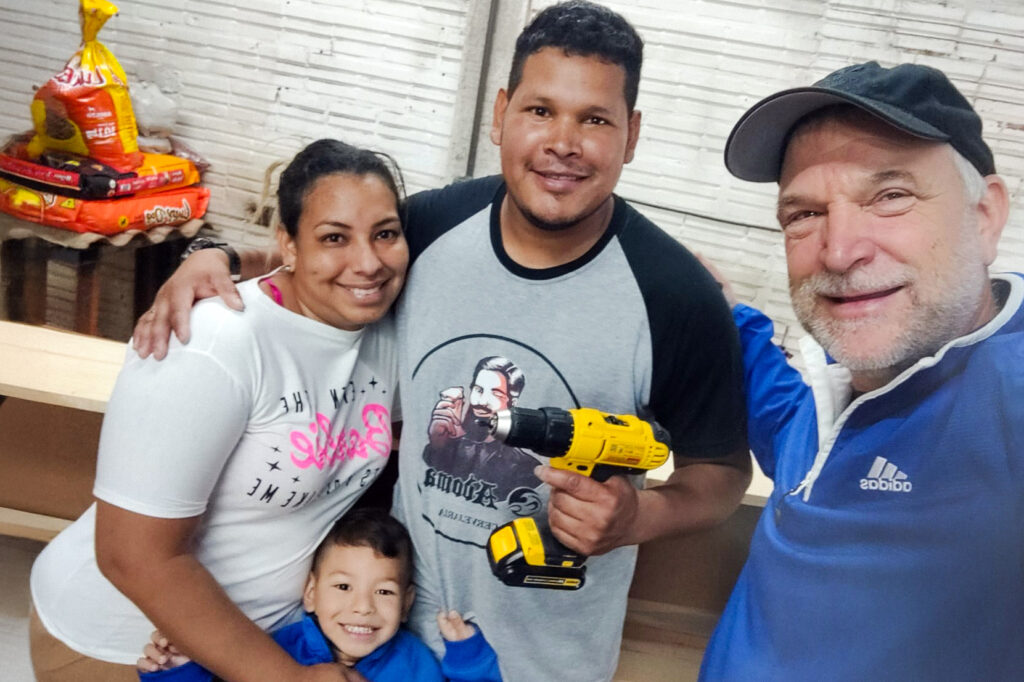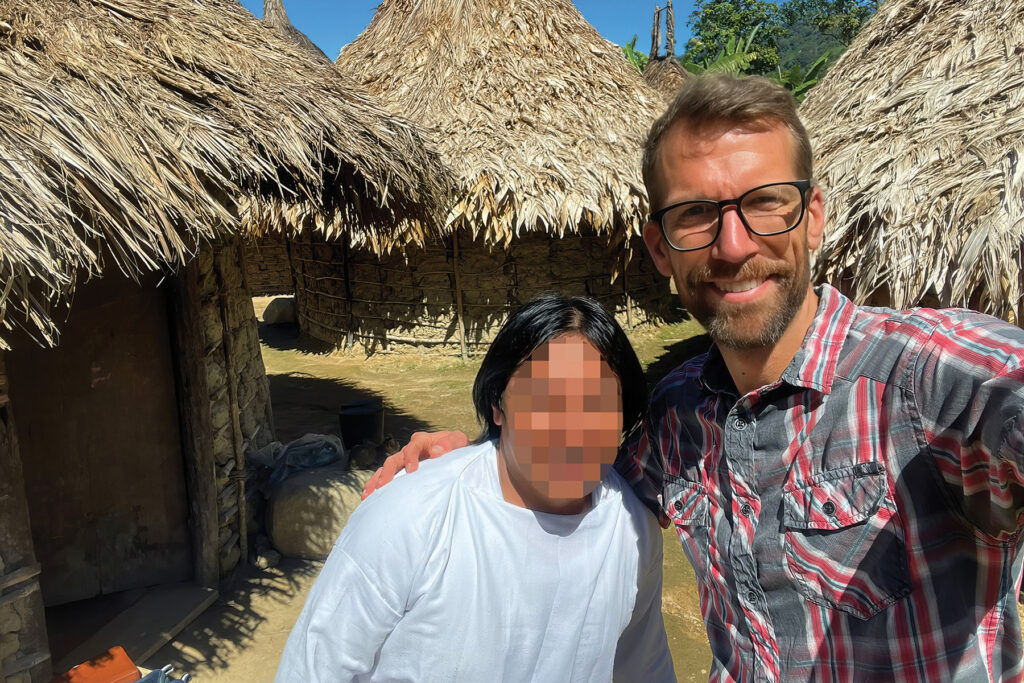Pastor Caleb Suko stared at the news rolling across the screen and felt a shiver go up his spine. That night felt different—as if the world was holding its breath.
Suko had ministered in churches in Odesa, Ukraine for the past 15 years. He’d seen a lot during his time, and he’d already lived through one war.
Following an agonizing few weeks of decision-making, most of his teammates, who had lived in Ukraine for years, decided to leave their home. But after hours of difficult and emotional conversations, the ABWE leadership team and Sukos decided on a different course of action for their family. Exercising great caution, they decided to stay.
While Suko didn’t regret his decision, a sense of unease had worked its way through him this evening, and he couldn’t shake it.
Keeping his eyes trained on the flashing news, Suko picked up his phone and called his parents. Something’s going to happen tonight, he told them. For the first time, he really believed Russia may invade Ukraine.
“Up to this point, everything Russia did was public, but suddenly, on Wednesday, the troop movements became quiet and secretive. And you could tell they were preparing for an invasion,” Suko said.
An abrupt, loud ringing jolted Suko awake at 5 o’clock the next morning. Fumbling for his phone, he squinted at the caller I.D.
Poland? Who in Poland would be calling me? he wondered. An untimely glitch stopped Suko from finding out.
Within 30 seconds, his phone rang again. This time, a familiar voice greeted Suko as soon as he accepted the call.
“Ukraine is under attack,” revealed his regional director.
Suko turned to his wife, who was fully awake now, and the two ran to their living room.
A quick glance out the window revealed the truth.
“We saw the streak of an anti-aircraft rocket going up, and that was alarming. And then 30 seconds later, we heard this loud boom that just rocked the city. That was the first rocket that hit our city.”
The nightmare had begun.
For the next few hours, the Sukos huddled inside their home with their kids, fielding phone calls from worried family, friends, and colleagues, urging them to leave. But surrounded by darkness and the sounds of falling bombs, they made the difficult decision to stay.
“The problem was it was dark outside. There’s missiles landing everywhere, and we have no idea what’s going on outside. I didn’t feel safe taking my family outside in the car.”
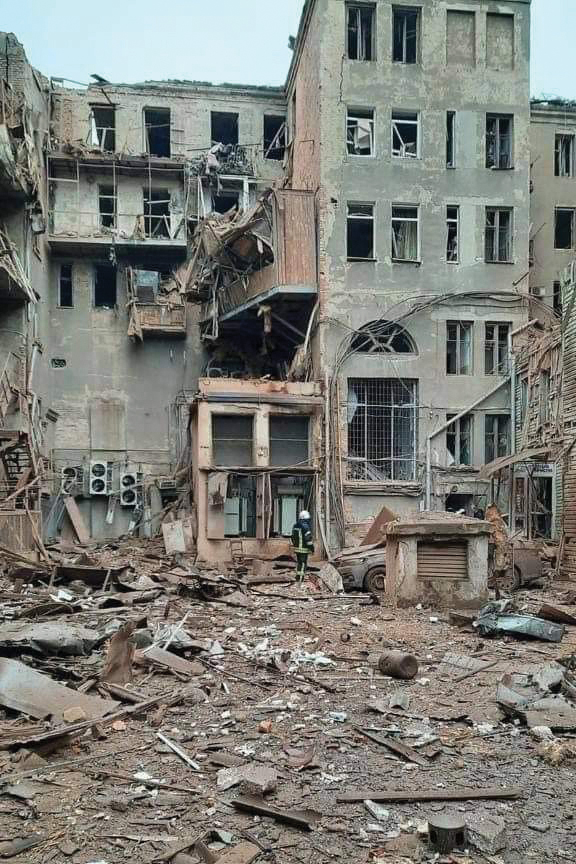
As they waited for sunrise to assess the damage, the Sukos continued to check the news. Reports of ballistic missiles exploding throughout Ukraine lit up the screen. Hearts sinking, the two looked at each other, stunned into silence.
“The last missile hit just before 11 a.m. It was actually pretty near to our house. It was close enough that all the car alarms went off in our parking lot and shook our windows,” Suko said.
It was time to leave.
By 4 p.m., the family had their belongings loaded into the car and had met up with a coworker. Together, the group made the decision to head to the nearest border, only 40 miles away.
Armed with two-thirds of a tank of gas and a couple of sandwiches, the group began their journey. Meanwhile, Rich D., a teammate in Moldova, packed lunches for the weary travelers and began the drive to the border to pick them up. Rich ended up waiting 15 hours for the Sukos at the border.
Stomachs growling and heads aching, the group finally crossed the border safely. A trip that normally took one hour had taken 22. After another two-hour drive, they made it to Rich’s home for the night.
For the first time in a couple of days, the group was able to sleep.
“For those who decided to leave—and that was mainly our Africans, our Asians—we did whatever we could to help them,” Suko explained. “I knew I had to take care of my family and our teammates that were there, but once I got them to safety, then I could concentrate on getting other people to safety.”
Suko’s work had just begun.
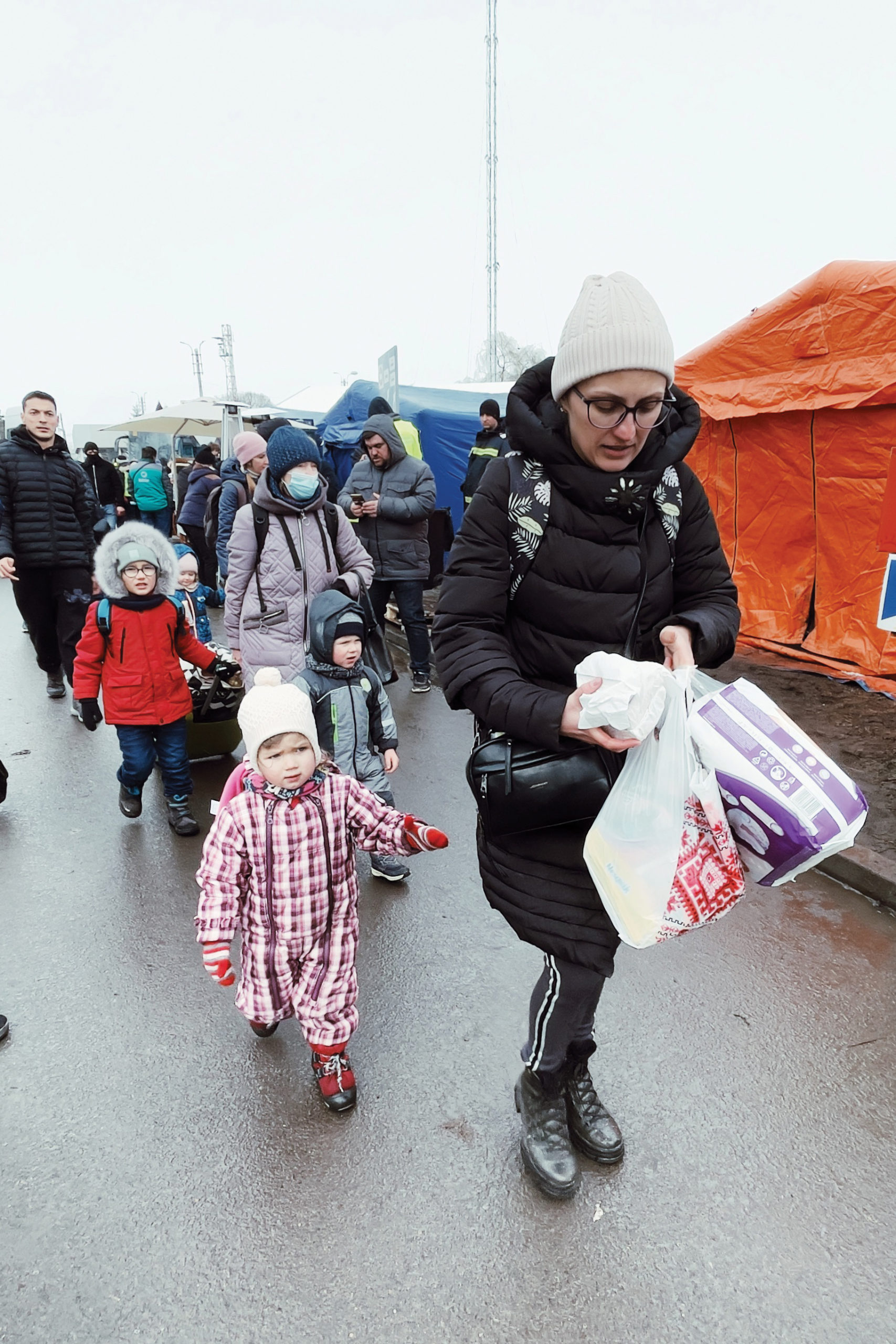
A Pastor’s Ministry in Times of Crisis
Soon after arriving in Moldova, the Sukos joined Pastor Mihai and Rich’s church ministry for refugees.
“We began working primarily with Africans, trying to coordinate them to get across the border. They could get transportation here, and then once they got here, I would take them to the church to use the bathroom and rest up or take them to the house. I had about 30 Africans who went through the house in the first few days or so,” Suko said.
Using funds provided by ABWE donors, the team bought 55 air mattresses for the church’s sanctuary and fellowship hall, groceries for daily meals, a nine-passenger van to transport refugees, and train tickets for those trying to go somewhere else in Europe.
Days passed and members of Suko’s church in Ukraine continued to call him, asking for help and a place to stay.
Soon, the church was overflowing. That week, a local church member opened his house to as many refugees as possible. In a day, over 20 refugees moved in.
Within days, the church was overcrowded, again, and more were still coming. One of Suko’s students from Ukraine, an Indian exchange student, called. He had filled three buses with 150 people. But God provided. Welcomed at a local army barrack, the men were able to rest and relax on their journey home, and Suko was able to visit them, pray with them, and encourage them.
Exhausted and busy, Suko and his team cared for hundreds of refugees. Each person, whether Hindu, Muslim, Catholic, or Evangelical Christian, was prayed over, cared for, and encouraged. Through their refugee ministry, they reached people from Belarus, Nigeria, Cameroon, Ethiopia, Greece, Turkmenistan, Azerbaijan, Iran, China, Nepal, India, and more.
“The internationals are just astounded by the care the people show for them, and it’s primarily coming from the church. It’s a powerful testimony, and I believe it’s much more powerful when it’s coupled with a previous relationship and a continuing relationship,” Suko explained.
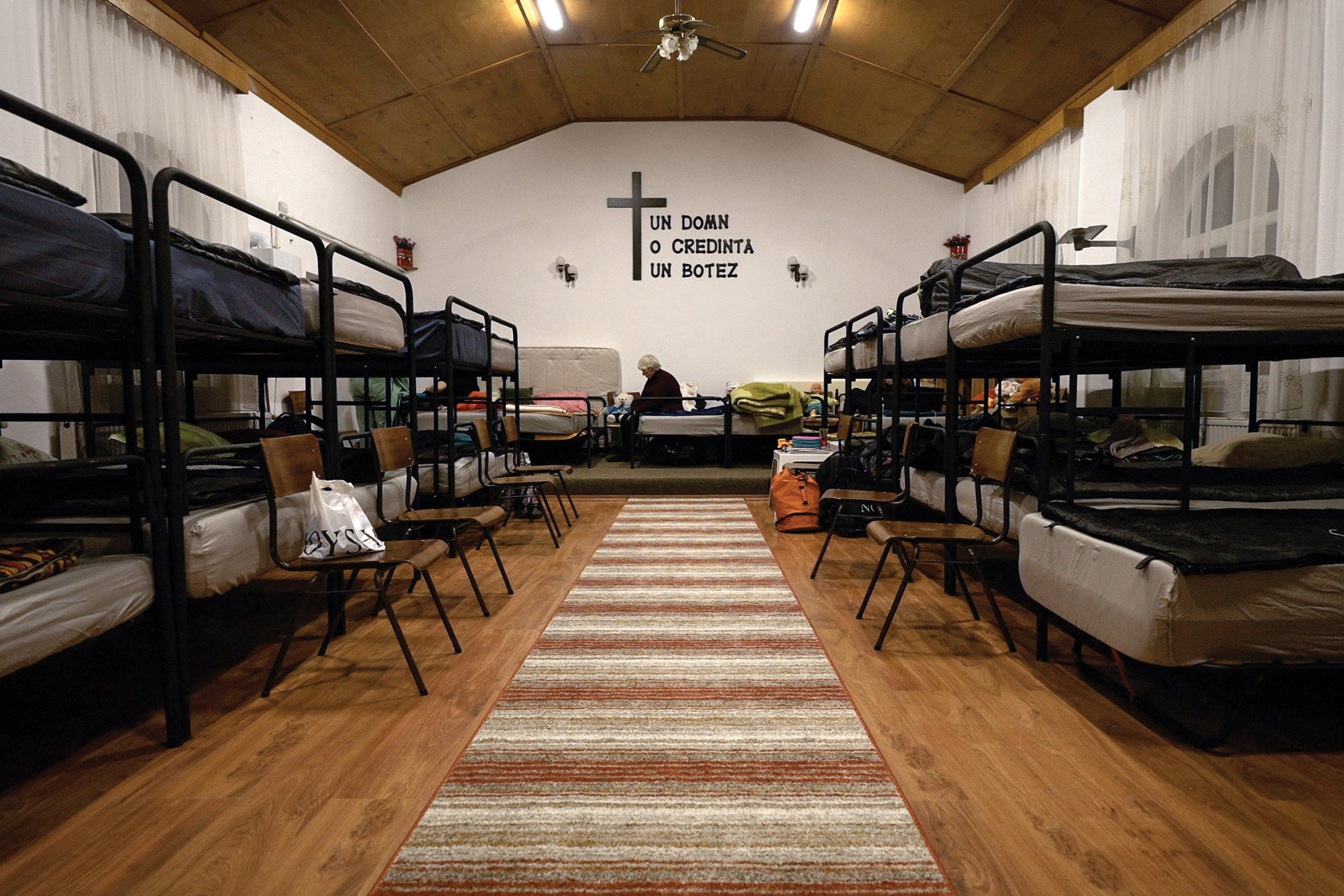
One by one, the team connected refugees to churches across Europe to help them safely travel to their next destination. And, as people passed through the church, their lives were changed by the kindness and care shown to them during some of the hardest, most vulnerable moments of their lives.
“I’m getting calls from parents in Nigeria. I’m getting calls from Egypt. I’m getting calls from Iraq. I’m getting calls from Germany of parents and family and aunts and uncles, saying ‘Thank you! Thank you so much for taking care of my child. Thank you for making sure they got out safely!’ Through this all, we just see God’s mighty, mighty hand that’s mightier than any army,” Suko explained.
The Foundation of Faithfulness
The faithfulness of the Ukrainian church did not come out of nothing. Years of laying a solid foundation led to these life-changing, gospel moments.
After the Iron Curtain fell, many Americans sensed God calling them to serve Ukraine and the surrounding countries. One of them was Duane Early.
“We went where we were called in that moment,” Duane Early, now ABWE’s vice president for strategic partnerships, said.
But the missionaries who went to Ukraine didn’t go in blind. They remained slightly suspicious, suspecting that communism wasn’t truly gone.
“We asked, ‘Is the Soviet Union gone? Is it going to come back? Is it a political trick?” Early recalled.
Rather than planting roots, they focused on planting churches and making disciples—multiplying their impact. If the Soviet Union managed to resurrect itself, the Ukrainian church must be able to survive without the missionaries’ presence.
“When you leave behind a church, you leave behind a legacy,” Early stated.
So, the missionaries prepared Ukrainian believers for the day they couldn’t be there anymore. And God blessed their ministry. Across the country, people gave their lives to Christ, finding new hope in him. It was a tidal wave of revival.
“Ukraine was the center of evangelism in Europe. What God did with the Soviet Union falling was a sign of the truth of the gospel. Some of the things we saw God do were truly miraculous,” Early said.
With the arrival of the gospel came greater freedom than the people of Ukraine had ever experienced. Already having shaken the rule of the Soviet Union, they were finding true freedom and lasting joy, influenced by their growing faith in Christ.
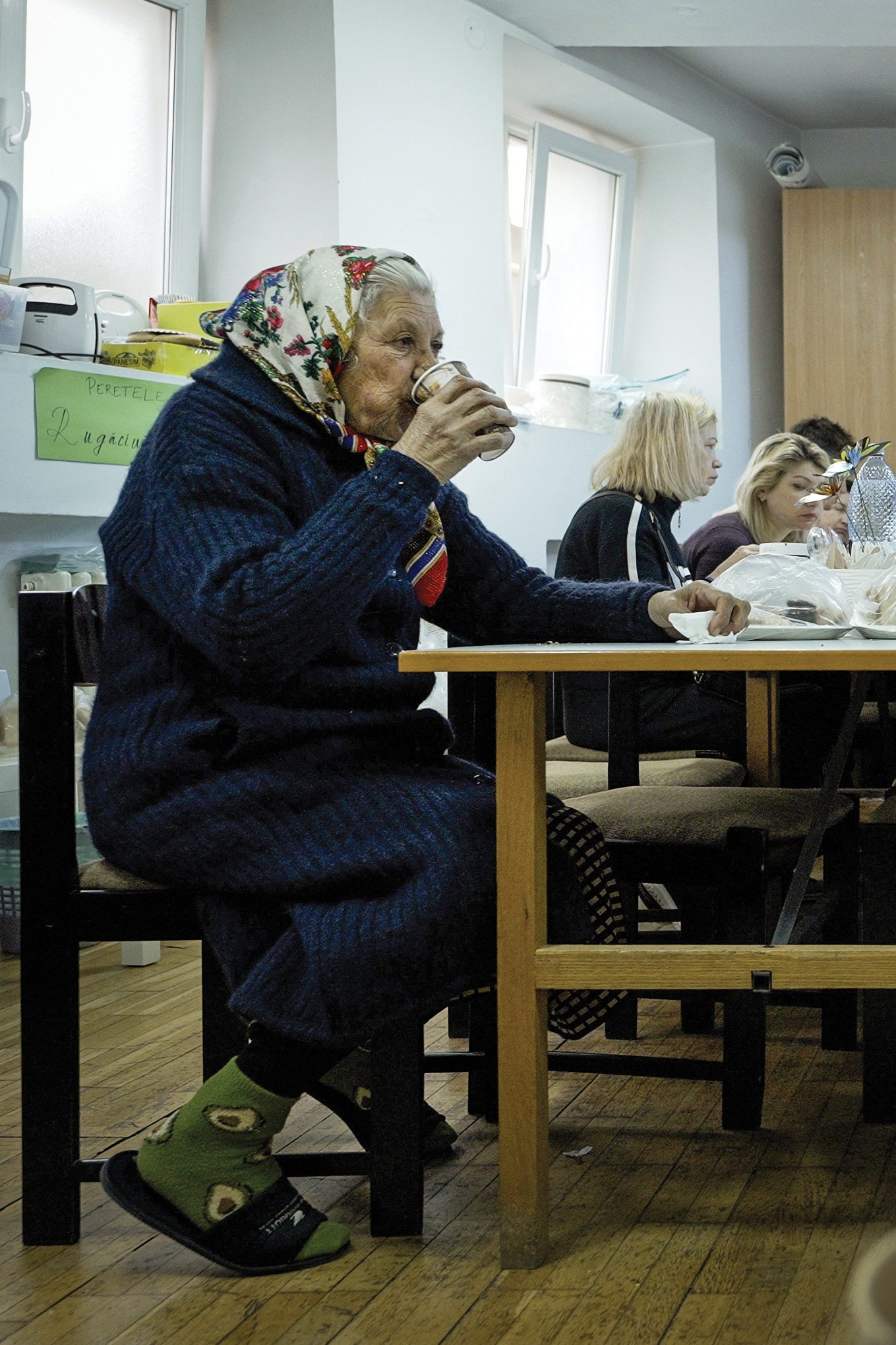
In 2014, Russia invaded Ukraine for the first time since its annexation to the Soviet Union. And the eight-year war began, culminating in Putin’s aggressive attack on February 24.
“Putin didn’t just attack Ukraine because of NATO . . . the civil liberties and enjoyments and freedom of the people in Ukraine was a threat to Putin’s reign,” Early stated.
Because of Putin’s invasion, missionaries left, families fled, and loved ones were separated.
But the church pressed on. And missionaries are eager to return to their home—even as they serve refugees around the world.
“Churches around the world have opened their doors to let Ukrainians stay there,” Early said. “God hasn’t forgotten his people.”
